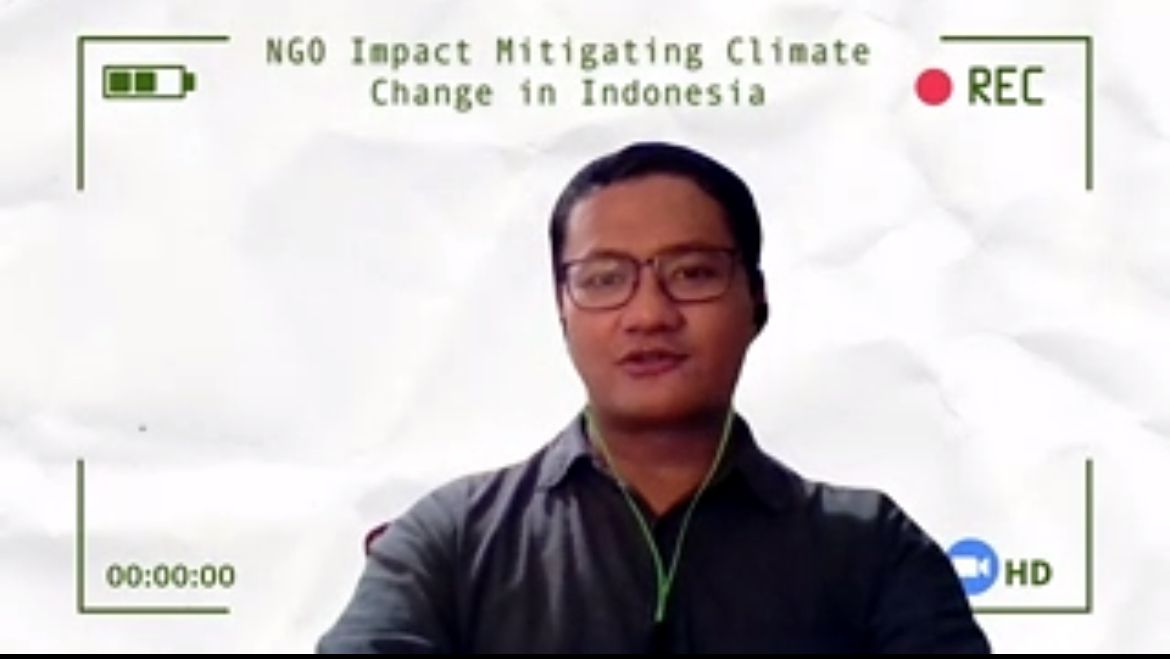Jakarta, July 31, 2024 – The increasingly massive phenomenon of the climate crisis has made the earth more vulnerable to various threats that pose risks to human life. From the increasing intensity of natural disasters to the transmission of disease outbreaks, this is clear evidence that the climate crisis has a vast and severe impact. Unfortunately, these problems have not been fully addressed, causing great concern for future generations.
Wira A. Swadana, Program Manager of Green Economy, Institute for Essential Services Reform (IESR), said that amid the climate crisis, non-governmental organizations (NGOs) are vital to voice climate action and encourage energy transition. As one of the NGOs active in climate crisis issues, IESR focuses on decarbonization efforts, especially in the energy sector, by promoting the formation of a support system capable of making regulations, policies, and actions related to decarbonization.
“In carrying out its mission, IESR does not engage in the political system directly. We prefer to provide input based on research, data, and evidence, so as to provide a more objective and balanced view. In addition, the potential of the green economy in Indonesia is also a focus of attention. Our analysis shows that Indonesia has a lot of potential to improve its performance, for example with sustainable development efforts in various approaches including in terms of energy,” said Wira at an event organized by Zona EBT on Monday (29/7/2024).
According to Wira, energy is crucial because Indonesia’s gross domestic product (GDP) growth is closely tied to increased energy consumption in the industrial sector. Therefore, it is essential to establish a sustainable energy economy, for instance, by decreasing the industrial reliance on fossil fuels like coal.
“Reducing the use of fossil energy is crucial in achieving net zero emissions by 2060 or sooner. A comprehensive policy is necessary to encourage this transition. The policy should serve as a guideline for various stakeholders, including financing. It’s also important to facilitate multi-stakeholder dialogue in climate policy, as climate change issues involve and affect many parties. With an inclusive and collaborative approach, we expect that efforts to mitigate climate change and transition to cleaner energy sources in Indonesia can be more effective and provide sustainable benefits for all segments of society,” said Wira.

